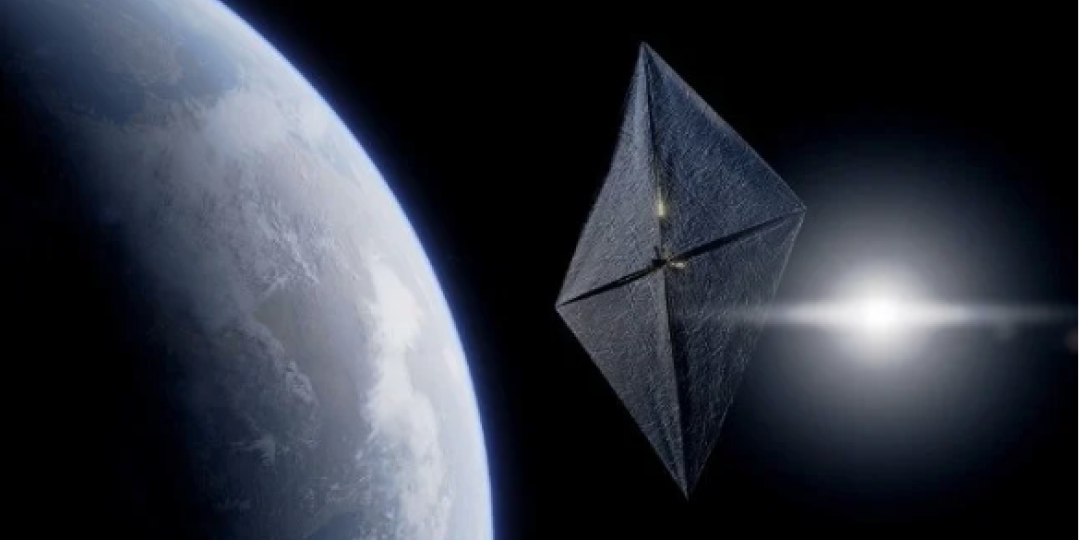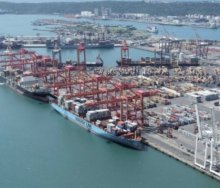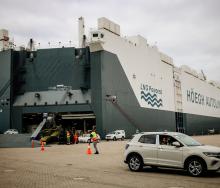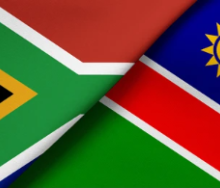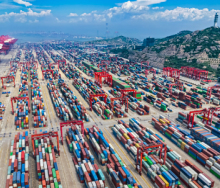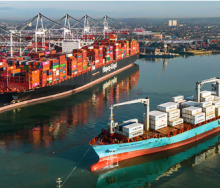French shipping company CMA CGM has co-sponsored the first test launch of a solar sail-powered spacecraft, Gama Alpha, which successfully entered orbit aboard a SpaceX Falcon 9 rocket last Tuesday morning.
Sail-World reports that after two years of research and rapid development, the satellite, containing the solar sail, was successfully placed in orbit on January 3.
Gama is a French space company founded by Louis de Gouyon Matignon, Thibaud Elziere, and Andrew Nutter. Gama's mission is to revolutionise access to deep space using low-cost, reliable and scalable solar sails.
A solar sail uses only sunlight for propulsion, removing the need to carry fuel and opening new scientific and commercial possibilities in the solar system and beyond. The Gama Alpha mission is focused on testing the deployment and control of the sail, a step towards the democratisation of this new means of space propulsion.
Solar sails rely on photonic propulsion. This is the pressure produced by photons when they bounce off a reflective surface. The force is weak, but when applied to a large surface in the void of space, it propels spacecraft to continuously accelerate.
A solar sail could theoretically become the fastest spacecraft made by humans. The position of the sail in relation to the sun’s rays determines the direction of the spacecraft, making it possible to move away from the sun and closer by sailing ‘upwind’.”
"In space, the sun’s radiative pressure allows constant acceleration. The result? Missions that are 10 to 20 times less expensive and no longer limited by a fuel budget. A solar sail is poetic, inherently sustainable, and dramatically lowers the cost of access to deep space or unstable orbits," Nutter told Sail-World.
The first phase of the project includes commissioning the satellite, establishing communications, and checking the vital signs. The second phase is the deployment of the sail when the satellite will be put in slow rotation, initiating the release of four tungsten masses at the tip of each sail petal. The final phase will be deorbiting the satellite, benefiting from the earth’s remnant atmosphere at mission altitude.
"In short, we are building the space transportation infrastructure of tomorrow. While companies today are focused on low earth orbit, we have decided to look further afield and prepare for the space operations of the future. Thanks to the solar sail, we offer an economically viable alternative to continue exploring the solar system and carry out increasingly complex missions," said De Goüyon Matignon.
French Space Agency, the CNES, and other public and private enterprises, including the CMA CGM Group, have supported the Alpha mission.
CMA CGM already uses data from satellites to improve its operations throughout the globe, for navigation, real-time maritime conditions and communications. With a rapidly growing space economy and new impetus to develop space resources, reliable and affordable space logistics will be necessary to help develop commercial opportunities.
